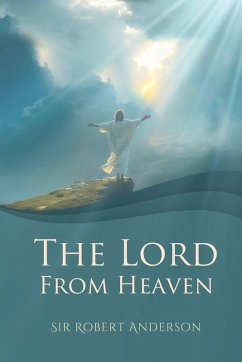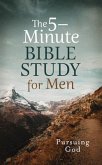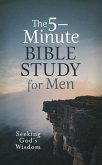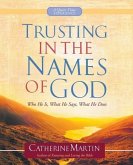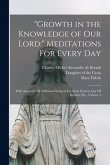"The Christ of God is not merely the noblest of men, but the Lord from heaven." - Sir Robert Anderson The Lord from Heaven (1897) is Sir Robert Anderson's classic study of the person and nature of Jesus Christ. With the careful reasoning of a lawyer and the devotion of a believer, Anderson defends the full divinity and humanity of Christ against modern skepticism and theological compromise. In this concise but penetrating work, Anderson explores the incarnation, the virgin birth, and the union of divine and human natures in the person of Jesus. He emphasizes the centrality of Christ's deity to Christian faith, showing that the gospel stands or falls on the truth that Jesus is not only the Son of Man but also the eternal Son of God. For students of theology, church history, apologetics, and Christology, The Lord from Heaven remains a valuable primary source from nineteenth-century evangelical thought. It continues to offer clarity, conviction, and devotional richness for readers seeking to understand and defend the person of Christ.
Bitte wählen Sie Ihr Anliegen aus.
Rechnungen
Retourenschein anfordern
Bestellstatus
Storno

